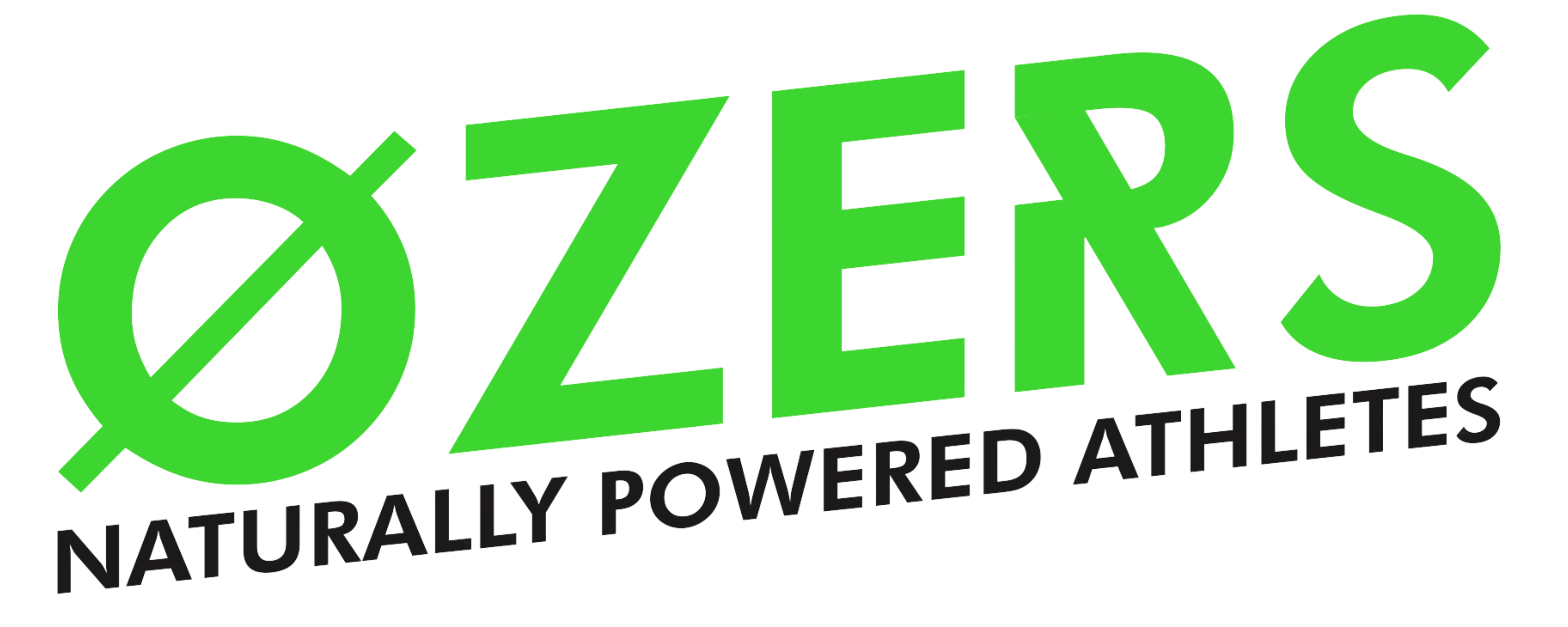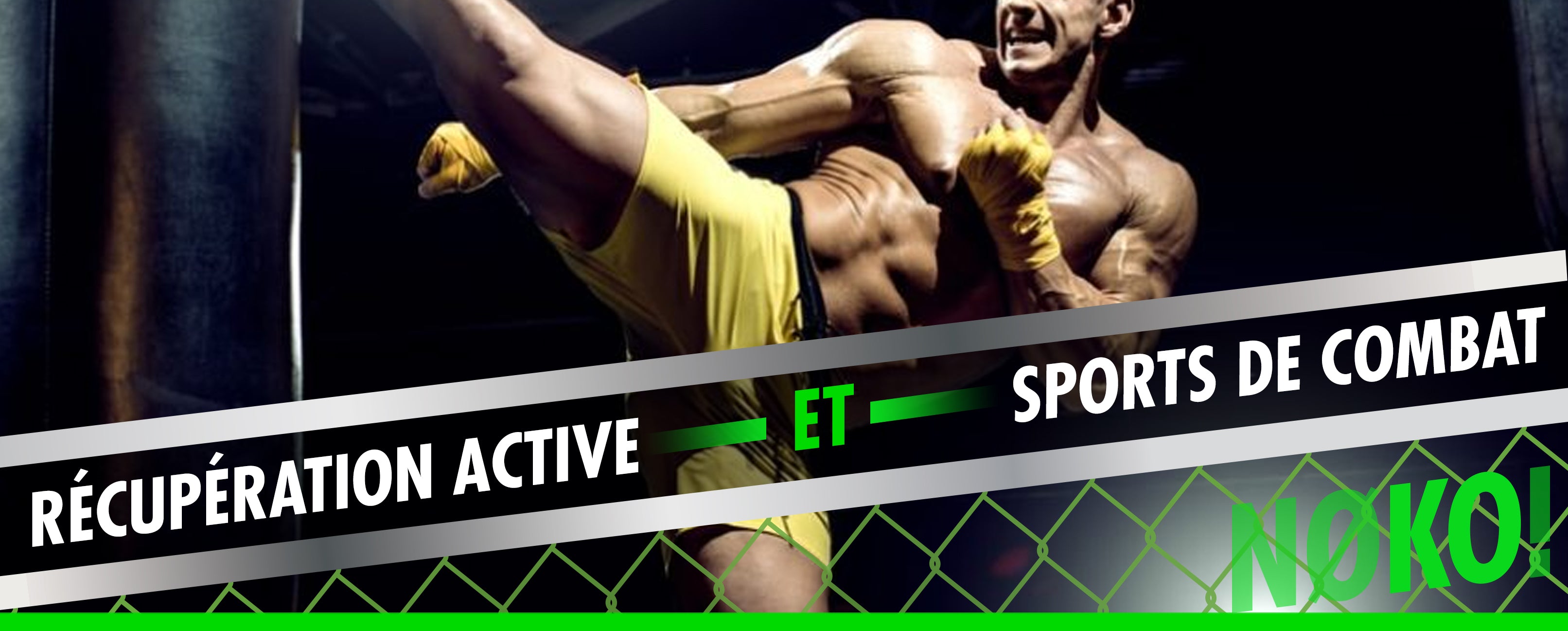Passive recovery for combat sports
The practice of sports and their training put the body to the test. Sports such as MMA, English boxing or taekwondo are very complete sports and the muscular commitment is total. Recovery after a training session is mandatory to be able to improve your performance and fight again. Whether you are a boxer or a judoka, it is necessary to have a certain rigor outside of training, this is called passive recovery.
The objectives of passive recovery
The fact of training intensely upsets the basic metabolism and in particular the muscles which work to provide energy. Training therefore amounts to transforming energy reserves into muscle movement, an increase in body temperature or increased oxygen requirements. Passive recovery corresponds to everything that is outside of physical activity and therefore the fact of moving your body to recover, it therefore concerns the way in which you treat your body outside of training: thesleep, a goodfood, massages, relaxation, sauna sessions or Foam rolling. The objective is really to free the body from muscular tension. To free the body just after the effort we practice aactiveand for the rest it is passive recovery because recovery is also done over the long term. The advantages of passive recovery:
- Injuries: in combat sports blows are frequent and this can damage tissue damage can quickly be problematic for the athlete. Rest promotes the work of the body in rebuilding and repairing the damage suffered.
- Psychology: effort is a mental stress that causes invisible sequelae. The brain is a complex organ whose sole purpose is to reduce stress and restore training trauma. Not being an instantaneous process, rest greatly helps in this mental recovery.
- The body: it is constantly adapting to the external environment and the efforts made, so it adapts relatively quickly to return to normal, but a series of training sessions does not allow it to recover sufficiently and this can lead to overtraining with a risk of injury, it is therefore necessary to rest and space out the sessions.
Properly orient passive recovery after a combat sports training session
A passive recovery must be spread over 24 and 48 hours because it is time that plays in favor of recovery but not only, different factors come into play during this period:
- Rest: not practicing sports during this period allows muscle restructuring and generally muscle relaxation and better recovery. Sleep is essential because it helps to evacuate post-workout stress and helps the body to eliminate toxins, it is advisable to sleep 7 to 9 hours a night depending on individual needs.
- A healthy diet: this is the key factor in recoveryactiveeffective, a diet rich in protein and carbohydrates allows a good recovery of the body as a whole while providing for daily needs. It is also necessary to drink water constantly to stay hydrated and recover deeply.
- A dedicated stretching session: in his weekly training program there is a recovery session around stretching to relieve his muscles andjoints/a>. .
- Sauna and Hammam: a phase of outdoor heating then cooling acts on very effective muscle relaxation for optimal recovery. However, you must remain vigilant to the dehydration that this type of session can cause.

References
Eat, Sleep, Act: Active and Passive Recoveryhttps://www.freeletics.com/en/blog/posts/active-passive-recovery/
Recoveryhttp://www.boxepiedspoings.fr/Recuperation.html
Non-marathon recoveryhttps://joggingsante.pagesperso-orange.fr/recuperation.htm
Active or passive recovery during intermittent exercisehttps://global-sport.fr/recuperation-passive-ou-active




